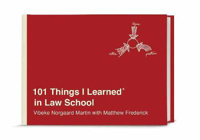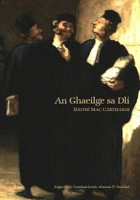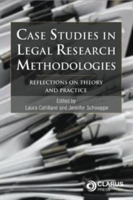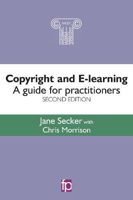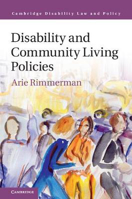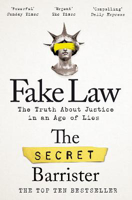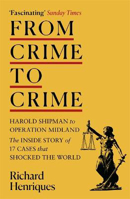Cookies help us deliver our services. By using our services, you agree to our use of cookies.
Shopping cart
Search
Jurisprudence & general issues
A GUIDE TO MOOTING IN IRELAND
€35.00
A Guide to Mooting in Ireland provides a user-friendly handbook on mooting that is specifically tailored for those involved in mooting in Ireland. Mooting can help to build important skills in research, drafting and the construction of persuasive arguments that are relevant both to academic study and professional life, within and outside of law.
An Ghaeilge sa Dli
€30.00
Britain and its Internal Others, 1750-1800: Under Rule of Law
€30.00
This book revisits six notorious incidents that occasioned vigorous debate in London's courtrooms, streets and presses. Each case adjudicated the presence of outsiders in London - from Jews and Gypsies to Africans and Catholics. -- .
CASE STUDIES IN LEGAL RESEARCH METH
€38.00
Contributors have written about the methods used in their research, outlining the choice methodology; describing methods used; detailing advantages, disadvantages and challenges to the approach taken; discussing any ethical considerations that arose in the context of the research; reflecting on the approach taken.
Copyright and E-Learning
€78.00
A practically based overview of current and emerging copyright issues facing those working in e-learning that will allow professionals to work confidently, effectively and legally in the virtual learning environment.
Criminal Litigation
€67.50
The manual covers each step of the criminal litigation process, from the initial investigation of a crime through to the conclusion of a case, looking at the practice and procedure in the District and Superior Courts from both a prosecution and defence perspective. It provides succinct, practical advice to trainee solicitors and practitioners.
Disability and Community Living Policies
€122.55
This book provides a comprehensive and comparative analysis of policies toward community living and the role of the United Nations Convention on the Rights of Persons with Disabilities (UNCRPD) in promoting progressive policies. It will appeal to scholars of law, disability studies, sociology, social work, and rehabilitation counselling.
Fake Law: The Truth About Justice i
€13.75
The Secret Barrister returns to debunk the biggest legal lies of our time. Taking you from your own home to the halls of Westminster, this is the truth about justice in an age of fake law.
From Crime to Crime
€13.75
Renowned High Court judge, Sir Richard Henriques, recreates his most famous cases (with a lot of behind the scenes stories), including his views on the current state of the British judicial system.

